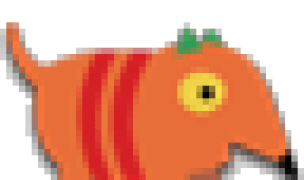 20 Terms
20 TermsHome > Industry/Domain > Food (other) > Food safety
Food safety
Scientific practice in the handling, preparation, and storage of food in ways that prevent foodborne illness.
Industry: Food (other)
Add a new termContributors in Food safety
Food safety
Bovine spongiform encephalopathy (BSE)
Food (other); Food safety
Commonly known as "mad cow disease," BSE is a slowly progressive, incurable disease affecting the central nervous system of cattle, first diagnosed in the United Kingdom in 1986. BSE belongs to a ...
Campylobacteriosis
Food (other); Food safety
A diarrheal disease often caused by the type of bacteria known as Campylobacter jejuni (C. jejuni) associated with poultry, raw milk, and water. There are an estimated 2.5 million cases annually in ...
Botulism
Food (other); Food safety
A rare but serious paralytic illness caused by a nerve toxin that is produced by the bacterium Clostridium botulinum. There are three main kinds of botulism, one of which is foodborne botulism caused ...
Campylobacter
Food (other); Food safety
Campylobacter is a bacterium that is commonly found in the intestinal tracts of cats, dogs, poultry, cattle, swine, rodents, monkeys, wild birds, and some humans. The bacteria pass through faeces to ...
Brine curing
Food (other); Food safety
Brine curing (or wet curing) is the most popular way of producing hams. It is a wet cure whereby fresh meat is injected with a curing solution before cooking. Brining ingredients can be salt, sugar, ...
Brine
Food (other); Food safety
(Verb) To treat with or steep in brine. (Noun) A strong solution of water and salt, and a sweetener such as sugar, molasses, honey, or corn syrup may be added to the solution for flavour and to ...
Broiler
Food (other); Food safety
A broiler or fryer is a young chicken, usually under 13 weeks of age, of either sex, that is tender-meated with soft, pliable, smooth-textured skin and flexible breastbone cartilage.


